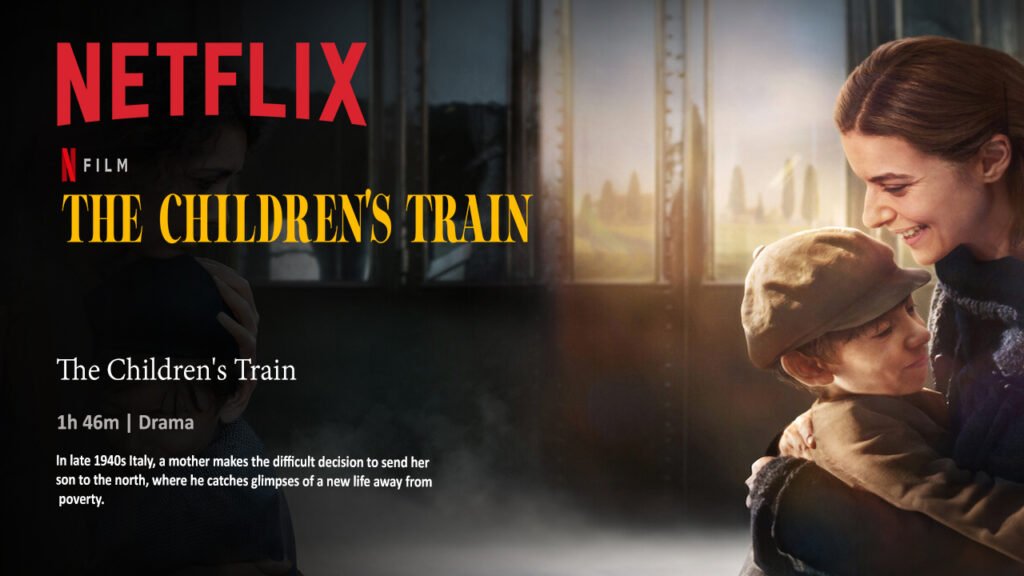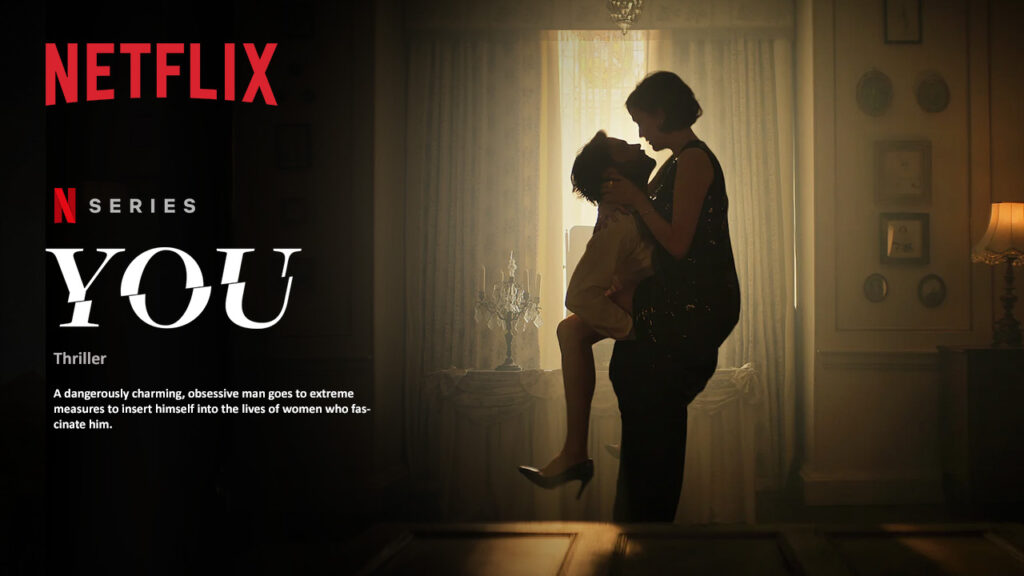The Children’s Train is a historical drama that tells the poignant story of children during post-war Italy in the late 1940s. Set against the backdrop of the Italian government’s initiative to send impoverished southern children to wealthier northern families, the film follows the lives of several children who embark on this emotional journey. It explores themes of separation, resilience, and the complex nature of human relationships as these children are faced with the stark contrast between the worlds they came from and the new lives they encounter.
Table of Contents

Introduction
The Children’s Train is a poignant historical drama set in post-World War II Italy, a period marked by widespread poverty and social upheaval. Directed by the acclaimed Italian filmmaker Carlo De Matteo, the film sheds light on a lesser-known but significant chapter in Italian history: the government’s initiative to send impoverished southern children to wealthier northern families in hopes of offering them better lives. At the heart of this narrative is the emotional journey of these children, who are separated from their families and thrust into new environments, where they must navigate unfamiliar worlds while carrying the weight of their pasts.
Main Cast
- Stefano Accorsi as Amerigo: Stefano Accorsi plays Amerigo, a pivotal character in the story, whose emotional depth and journey embody the challenges faced separated from their families. Accorsi brings gravitas and sensitivity to his role, guiding the narrative with his compelling portrayal.
- Serena Rossi as Antoinette Speranza: Rossi plays Antoinette Speranza, a strong and nurturing figure who is central to Amerigo’s life. Her performance captures the heart of the story, emphasizing themes of family, love, and sacrifice.
- Barbara Ronchi as Derna: Ronchi portrays Derna, a key figure in the story, whose role impacts the emotional journey . Her nuanced performance highlights the complexities of the characters’ relationships during this tumultuous period.
- Francesco Di Leva: Di Leva plays a significant supporting role in the film, contributing to the emotional landscape and the development of the children’s experiences.
- Nunzia Schiano: Schiano’s role adds depth to the portrayal of the communities involved in relocation, capturing the intricacies of family dynamics and societal tensions.
- Antonia Truppo: Truppo brings her talent to a key supporting role, emphasizing the film’s themes of resilience and human connection during times of hardship.
- Monica Nappo: Nappo adds further emotional weight to the story, portraying one of the characters who influences the children’s transition and adaptation to their new lives.
- Giorgia Arena as Rosa Benvenuti: Arena plays Rosa Benvenuti, a character whose interactions with Amerigo are central to his growth and the unfolding of the plot.
- Christian Cervone as Amerigo Speranza: Cervone plays a younger version of Amerigo Speranza, delivering a moving performance as a child grappling with separation, change, and the search for belonging in a new world.
Production Details
The Children’s Train is produced by Italia Films, a well-known production company in Italy that focuses on historical and dramatic content. The film was shot on location in various parts of Italy, with production taking place in both southern and northern regions to authentically capture the vast economic and cultural divide in the country during the 1940s. Directed by Carlo De Matteo, the film was a collaborative effort between writers, historians, and production designers to recreate the post-war atmosphere.
Trailer Highlights
The trailer for The Children’s Train introduces audiences to the heart-wrenching reality of post-war Italy. It showcases emotional farewells between parents and children, juxtaposed with hopeful scenes of the children arriving in their new homes. The cinematography highlights the bleakness of the southern Italian landscapes, contrasting sharply with the more prosperous northern towns. Stirring music heightens the emotional stakes, drawing viewers into the children’s journey of uncertainty, loss, and potential new beginnings.
Key Themes
- Separation and Reunion: Central to the film is the emotional toll of separating families in the hope of giving children a better future.
- Economic Divide: The film underscores the stark contrast between Italy’s poor southern regions and its wealthier north, providing social commentary on post-war inequality.
- Resilience of Children: The emotional resilience of children in the face of adversity is a key focus, highlighting how they adapt to new circumstances and forge new bonds.
- Family and Identity: The film explores the complex dynamics of family, both biological and adoptive, and how these relationships shape the children’s identities.
Overall Review
The Children’s Train has been praised for its powerful storytelling, heart-wrenching performances, and historical authenticity. Critics have lauded the film’s ability to evoke deep emotion, particularly through the performances of the young actors, whose portrayals of the children give the film its emotional core. Luca Zingaretti and Francesca Fialdini deliver standout performances, bringing gravitas and sensitivity to their roles. The film’s slow-paced narrative has allowed for rich character development, although some critics have noted that certain plot points could have been more tightly woven. The cinematography and period detail are visually stunning, immersing viewers in the world of post-war Italy.
Challenges and Environments
One of the challenges faced during production was the meticulous recreation of post-war Italy, particularly the poverty-stricken south. Filming in rural, less-developed areas provided both logistical challenges and opportunities to capture the film’s historical context authentically. Weather conditions and ensuring accurate period-specific props and sets were additional hurdles the team overcame to maintain historical integrity.
Fan Anticipation and Critical Reception
Fan anticipation for The Children’s Train has been high, particularly due to the film’s historical subject matter and the involvement of celebrated Italian actors like Luca Zingaretti. Early screenings have generated strong emotional reactions from audiences, with many praising the film’s emotional depth and historical significance. Critical reception has been largely positive, with reviewers noting the film’s ability to resonate with contemporary issues of poverty, migration, and familial bonds despite its historical setting.
Visual Style
The visual style of The Children’s Train is grounded in realism, with the use of natural light and muted colors to convey the bleakness of post-war Italy. Director Carlo De Matteo employs long, lingering shots to capture the vast, barren landscapes of the south, contrasting with the brighter, more developed northern towns. The cinematography focuses on the intimate emotional moments between characters, often using close-ups to convey the depth of their feelings, particularly the children’s inner turmoil.
Director
Cristina Comencini, a renowned Italian filmmaker, is known for his work in historical dramas and films that explore the human condition. With The Children’s Train, De Matteo combines his deep understanding of Italy’s post-war history with his talent for crafting emotionally resonant narratives. His direction brings out the best in his actors, particularly the child performers, and ensures that the film’s historical context remains authentic and impactful.
Release Date
The Children’s Train is scheduled for a theatrical release on December 04, 2024, with a wider international release planned for early 2024. The film is expected to premiere at several international film festivals, increasing its global.
Read more: The Six Triple Eight



